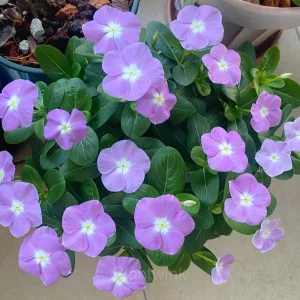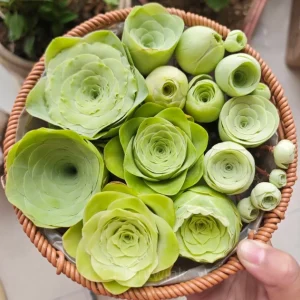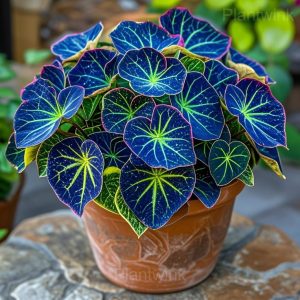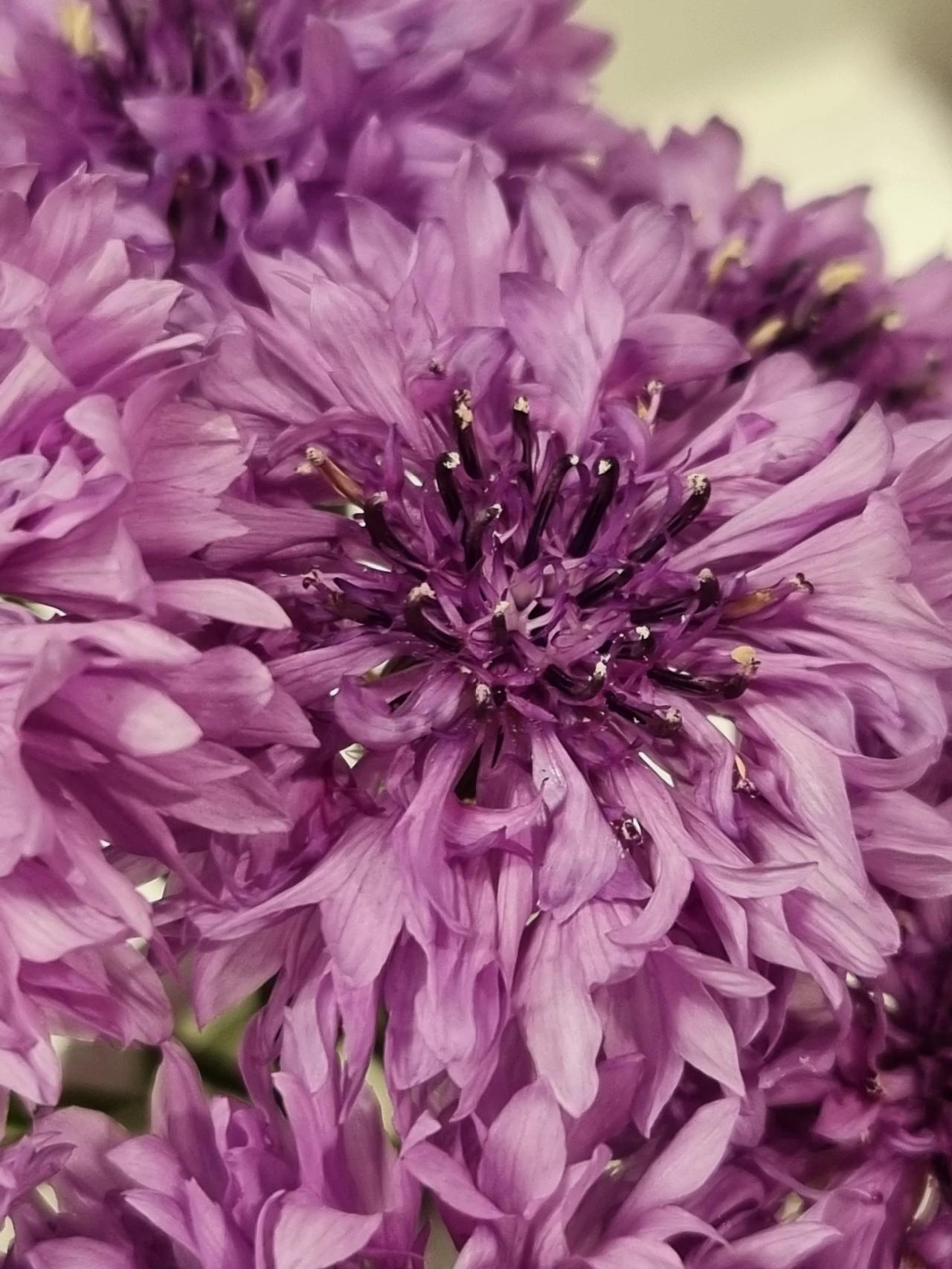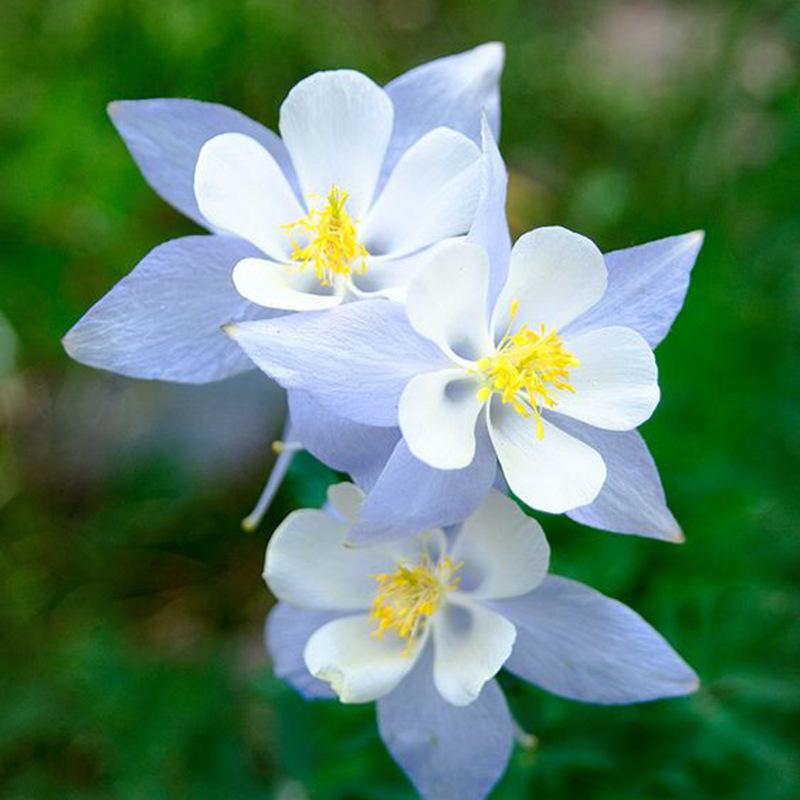The Cabombaceae family has an interesting story. It is a group of aquatic plants that are also commonly known as water shields. These plants have a unique adaptation that allows them to float on water, giving them a shield-like appearance.
Legend has it that these plants were discovered by ancient sailors who were amazed by their ability to stay afloat. They believed that the water shields had mystical powers and could protect them from dangers at sea. It was believed that carrying these plants on their boats would bring them good luck and ensure safe voyages.
Over time, the Cabombaceae family became popular in water gardens and aquariums due to their attractive appearance and graceful floating leaves. Today, they are admired not only for their beauty but also for their ecological importance in providing habitat and food for aquatic organisms.
The story of Cabombaceae reminds us of the wonders of nature and how even the smallest living beings can capture our imagination and inspire legends.
Picture
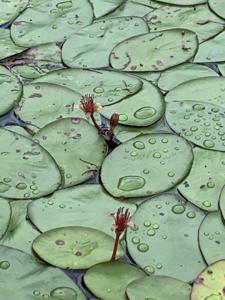

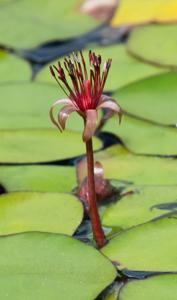
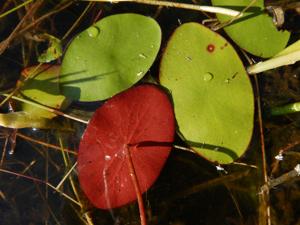
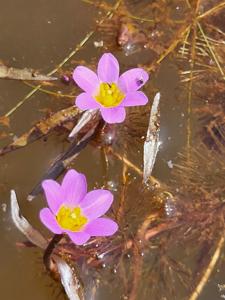
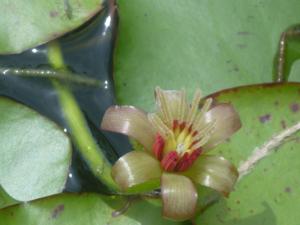

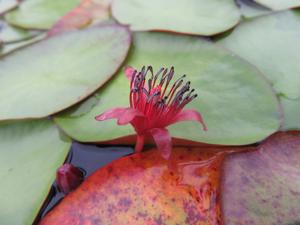
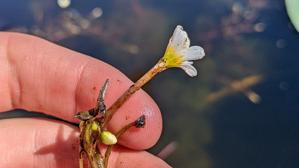
Plant some seeds now!
Short Description
The Cabombaceae are a family of aquatic, herbaceous flowering plants. A common name for its species is water shield. The family is recognised as distinct in the Angiosperm Phylogeny Group IV system (2016). The family consists of two genera of aquatic plants, Brasenia and Cabomba, totalling six species.
Submerged leaf of Cabomba caroliniana A.Gray with scale bar (2 cm) on a white background
